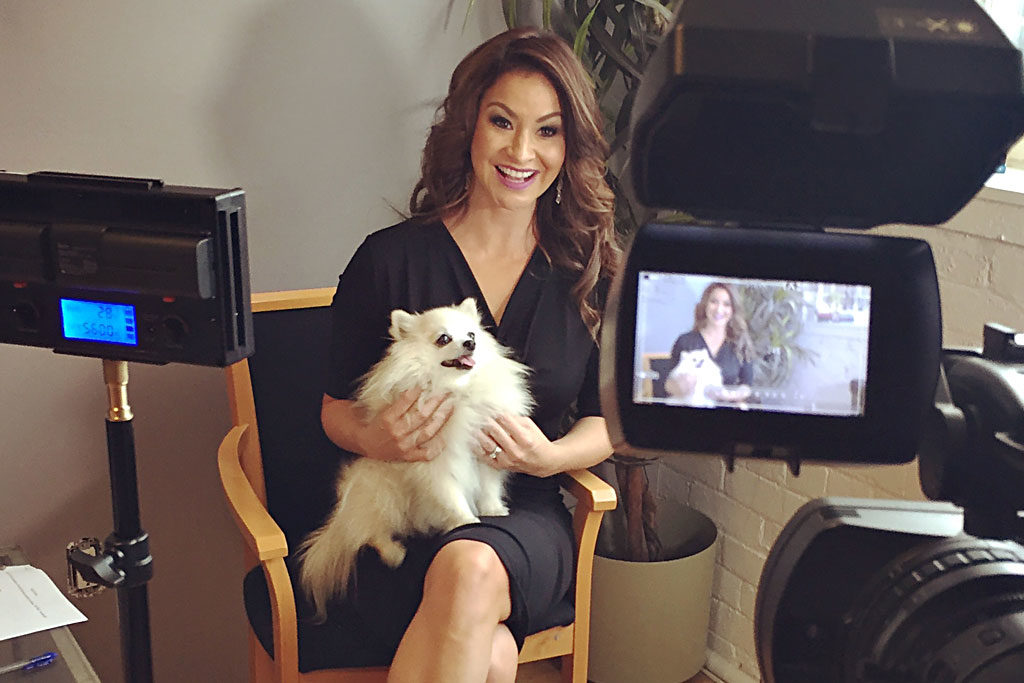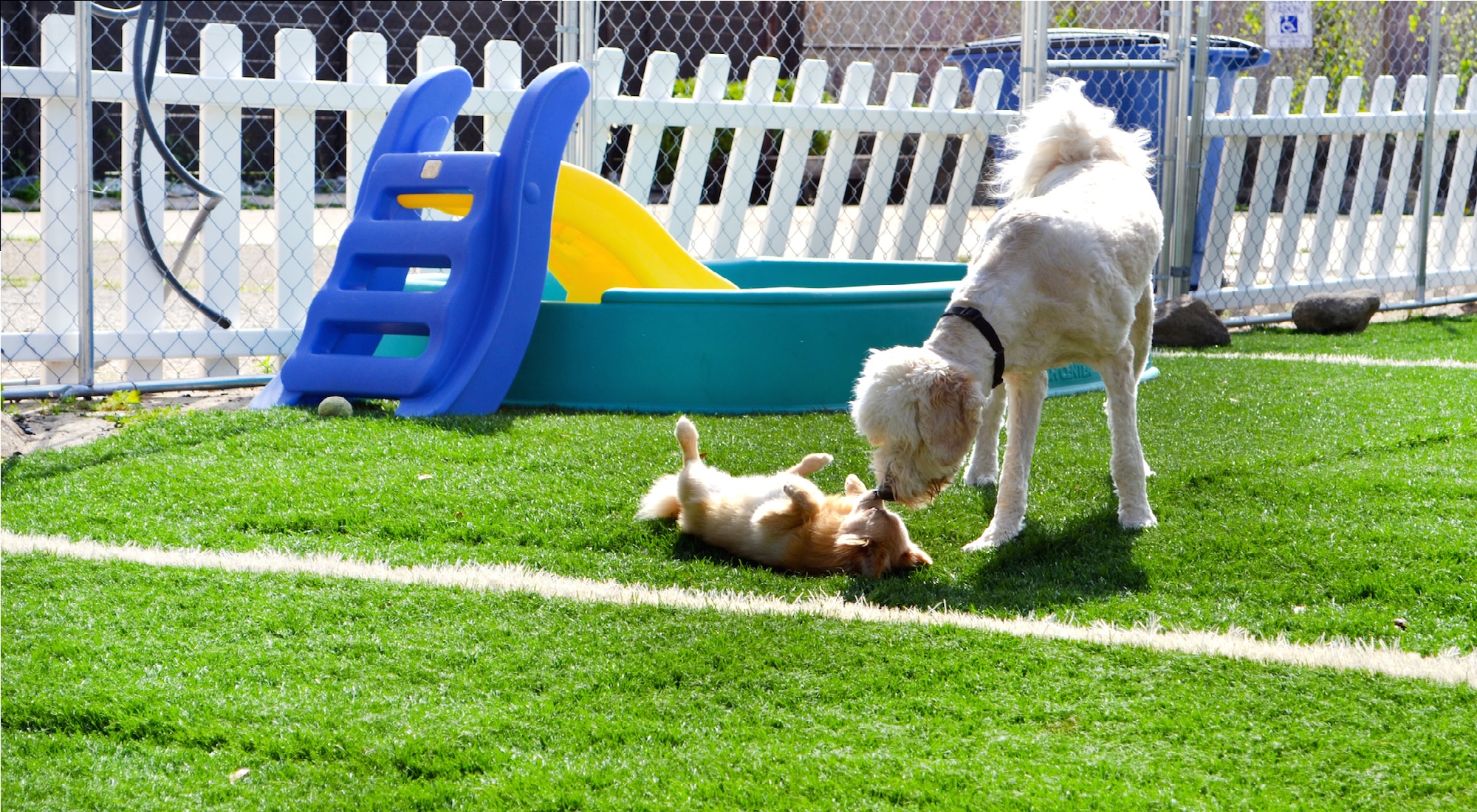Understanding Your Canine Companion
To nurture a profound and enduring bond with your beloved pet, one must first comprehend the intricate nature of dog behaviour. Many a dog behaviourist in Scotland and elsewhere around the globe have studied extensively to understand and interpret our furry friends’ actions and motivations. Dogs, much like humans, are complex creatures with unique personalities and diverse emotional needs.
Gaining insight into your dog’s behaviour isn’t a Herculean task, rather it calls for keen observation and understanding. Dogs rely heavily on body language, so taking the time to discern their posture, tail wagging, and various other signs can provide you with much-needed insight into their emotional state. Once you’ve mastered these interpretations, you’re one step closer to establishing a more robust bond with your pet.
Creating a Safe and Nurturing Environment
Your home environment plays a paramount role in developing a healthy relationship with your dog. Dogs are sensitive creatures who can detect and respond to the emotional atmosphere in their surroundings. A calm and nurturing home can foster feelings of security and trust in your pet, which is a cornerstone in forming a strong bond.
Being patient with your canine companion during periods of stress, transition, or behavioural issues is pivotal. Your dog needs to know they can depend on you for safety and comfort during times of distress. Consequently, your willingness to provide such comfort will solidify your pet’s trust in you, paving the way for a deeper connection.
Building Trust through Consistency
Establishing trust is key when forming a bond with your pet. Being consistent in your behaviour is an effective way of doing this. Dogs crave predictability, it reassures them. So, keeping a consistent routine for things like feeding times, walks, and playtimes can provide a comforting sense of structure and predictability for your dog.
Just as humans appreciate fairness and predictability, so do our canine pals. Be consistent in your responses to your dog’s behaviour. Praising positive actions and calmly, but firmly, correcting negative ones will provide them with clear guidelines on what’s acceptable. This understanding will foster a sense of security and trust in your relationship.
Communicating Effectively with Your Dog
Effective communication is the bedrock of any healthy relationship. In the case of dogs, this includes verbal commands, body language, and even the tone of your voice. Dogs are observant creatures and they pick up on our non-verbal cues just as effectively, if not more so, than our verbal ones.
Remember, it’s not just about talking, but listening as well. Pay attention to your dog’s behaviour and body language. This will help you understand their needs better. It’s like a silent conversation where you both are in sync. In this way, you can respond more effectively to their needs and build a stronger bond.
Engaging in Play and Exercise
Playtime isn’t just a time for fun, it’s also an opportunity to strengthen the bond with your pet. Playing games, whether it’s a round of fetch or tug-of-war, is a wonderful way to interact positively with your dog. Play builds trust, provides mental stimulation, and fosters mutual respect.
Regular exercise is equally crucial for your dog’s physical health and your bond with them. A daily walk or run isn’t just a routine; it’s an adventure and an opportunity for your dog to explore the world. Participating in this exploration together helps to strengthen the bond between you and your dog.
Training Your Dog
Training is an essential part of building a stronger bond with your four-legged friend. It not only teaches them manners but also stimulates their intellect. Training should be a fun, rewarding, and positive experience for both you and your dog. Engaging in regular training sessions, even if they’re brief, can significantly improve your communication and mutual understanding. When a dog understands what is being asked of them and responds correctly, it not only pleases their human, but gives them a sense of accomplishment as well.
Remember, it’s important to use positive reinforcement techniques during training. When your dog performs a task correctly, reward them promptly. This could be in the form of a treat, praise, or a pat. This positive reinforcement makes them more likely to repeat the behaviour in the future, which strengthens your bond over time.
Nurturing Emotional Intimacy
Lastly, and perhaps most importantly, fostering emotional intimacy is crucial to building a stronger bond with your dog. Spending quality time together, whether it’s cuddling on the sofa or simply being present with them, can greatly enhance your emotional connection.
Understand that your dog, much like us humans, has emotions. They can feel joy, sadness, fear, and love. By recognising and respecting these feelings, you’ll deepen the emotional connection you share with your four-legged friend. After all, a dog is not merely a pet, but a companion, a confidant, and an enduring source of unconditional love.








